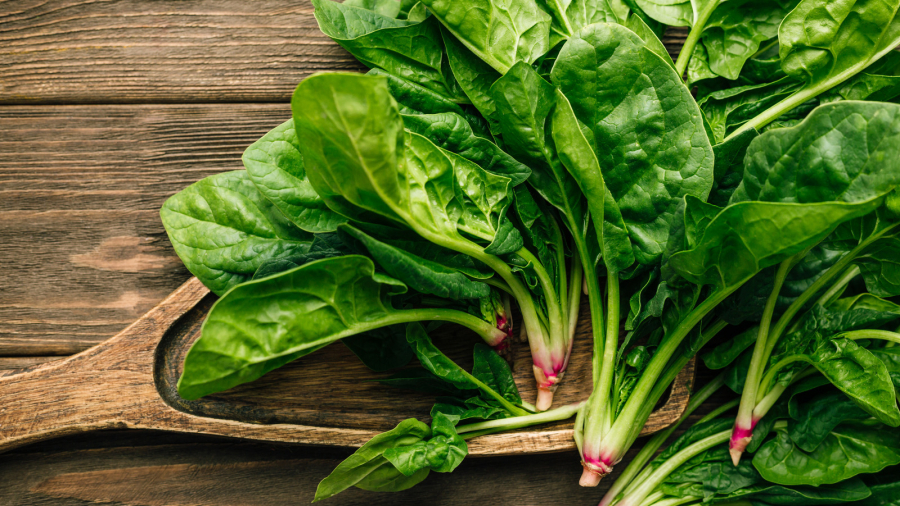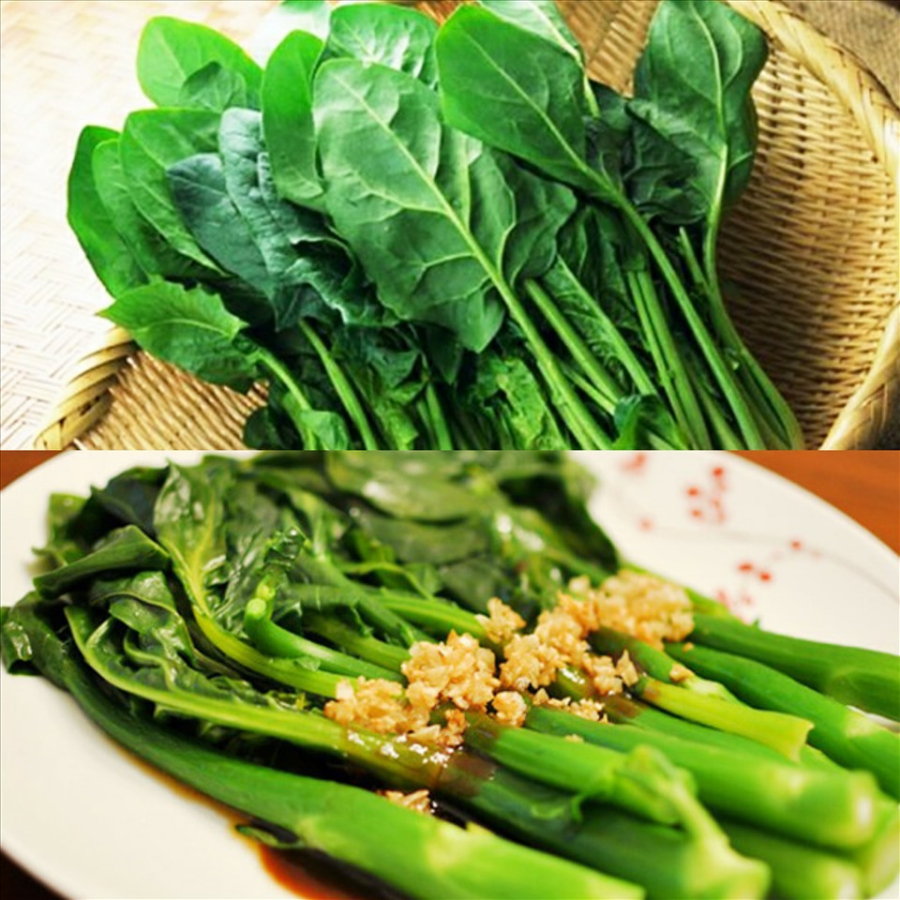Cabbage is one of the most nutritious superfoods on the planet. What’s more, this vegetable is widely grown in Vietnam, making it quite affordable.
Health Benefits of Cabbage
Cabbage, also known as water spinach or bina, is a type of cabbage that is grown in many places around the world. It has good cold tolerance and is suitable for cool temperate climates. In Vietnam, it is mostly grown in Da Lat and the mountainous provinces of the North.
In addition to being a daily food, cabbage is also used as a medicinal herb, helping to improve health and prevent some diseases.

– Cancer prevention
Cabbage is rich in flavonoids, a compound that has anti-cancer properties by slowing the cell division of cancer cells in the stomach and skin. Additionally, cabbage has been shown to help prevent the formation of prostate cancer.
– Effective weight loss
You may not know this, but cabbage is low in calories and fats, but rich in nutrients and fiber. These factors support effective weight loss and prevent constipation, as well as help control blood sugar levels.
– Good for the eyes
Cabbage is abundant in lutein and zeaxanthin, antioxidants that protect the eyes from cataracts and macular degeneration caused by aging. Additionally, cabbage contains a lot of vitamin A, which supports healthy and necessary lubrication for vision.
– Great for bone health
Cabbage is rich in vitamin K, which helps maintain stable bone health. A cooked serving of cabbage provides more than 10 times the daily requirement of vitamin K for an individual. Furthermore, cabbage is a suitable green vegetable for replacing dairy products because it provides essential calcium and prevents osteoporosis. It is also an excellent source of protein for vegetarians, helping to strengthen muscles and support collagen development.
– Effective stress reduction
Eating cabbage regularly helps reduce high blood pressure, which can lead to kidney disease, heart disease, and stroke. Consuming cabbage can help control hypertension, reduce stress, and anxiety. Cabbage is rich in zinc and magnesium, which improves sleep at night, allowing the body to relax optimally.
– Good for intestinal health
Adding cabbage to your daily diet helps improve intestinal health. The beta-carotene and vitamin C in cabbage protect the cells of the colon from the harmful effects of free radicals (which can cause cancer).
– Good for brain health
This leafy vegetable helps maintain good brain function and sharp thinking. Vitamin K in cabbage promotes healthy nervous system function by facilitating sphingolipid synthesis, the fat that makes up the myelin sheath surrounding nerve fibers.
Golden Tips for Cooking Cabbage

– People with kidney disease or gout should not eat too much cabbage, as the oxalate and purine content in cabbage can have a negative impact on their condition.
– Cabbage should be cooked for a short period of time to avoid loss of nutritional content.
– Due to its soft texture, cabbage should be cooked within a short period of time to avoid loss of nutritional content.
– Cabbage contains a lot of calcium, so it should not be consumed with foods high in zinc or taken with zinc supplements when consuming cabbage.
– Although cabbage is good, it should not be cooked with seafood, as this will result in the loss of zinc content in seafood. Additionally, when cooking, the cooking time should be limited to avoid the loss of nutrients in cabbage.





































